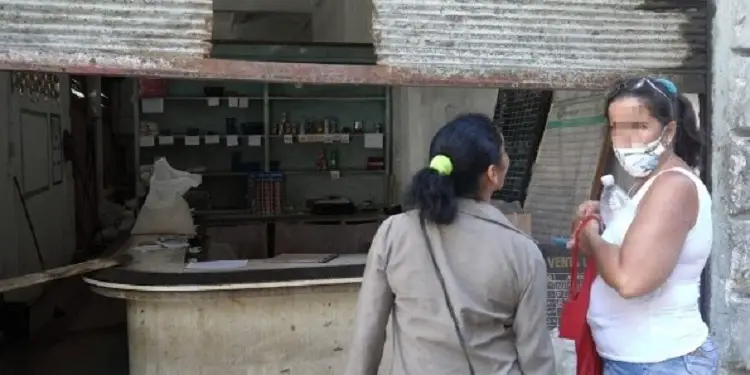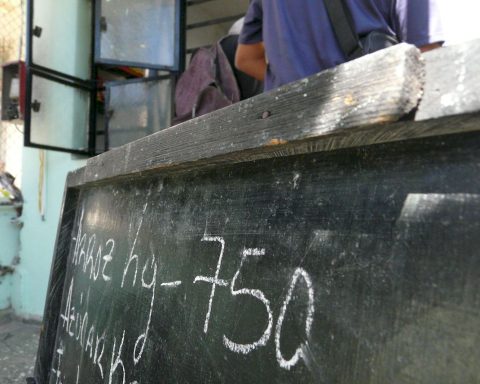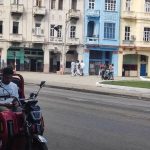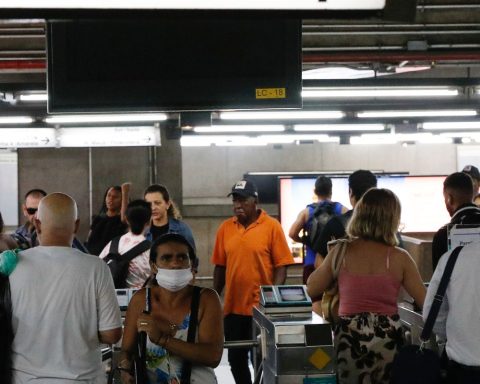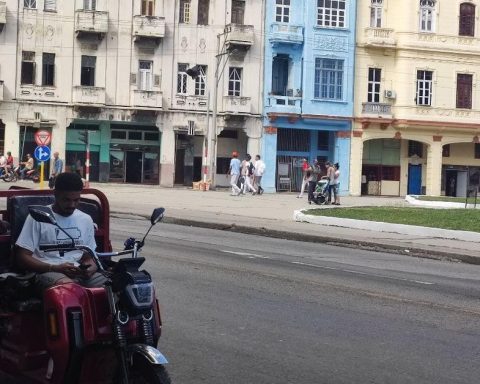MADRID, Spain.- Most of the products in the regulated family basket, including rice, beans, sugar and oil, are seeing their distribution affected, reported the Ministry of Domestic Trade (MINCIN) in its update on Tuesday.
The rice, essential in the Cuban diet, will take time to deliver in the provinces of Matanzas, Ciego de Ávila, Las Tunas, Holguín, Santiago de Cuba and Guantánamo.
The MINCIN, quoted by the official Granma, He specified that “the wholesale companies distribute 2,090 tons of the more than 36,000 that correspond to the monthly quota.”
At the beginning of January, the newspaper itself Granma specified in a note that Cuba “requires more than 600,000 tons of rice to cover the regulated family basket and social consumption, of which two thirds are imported.” In addition, that “the plans set up for 2023 are still quite low” due to the lack of fertilizers and the low availability of fuel for machinery on the ground and agricultural aviation.
As for beans and peas, recent information indicates that they are available in the country, but that backlogs are gradually being distributed, affecting 11 territories.
Regarding sugar, the MINCIN indicates that it is “another sensitive issue” and limited itself to saying, vaguely, that “it will be distributed based on existing availability in Cuba.”
As has been the case for months, there are also effects on the distribution of oil edible. According to the explanation, the cause is the late arrival of the import, which caused delays in completing the corresponding January delivery, which is still in process in Pinar del Río, Ciego de Ávila and Holguín.
February deliveries will also be made late.
According to the update, the recovery of compotes and coffee is being carried out, which will make it possible to replace out-of-date deliveries, although it is not specified when.
“The distribution of chicken has already begun throughout the country, and in the case of milk, the third decade of February is guaranteed, both in powder and liquid form, depending on the territories in which each format is delivered,” the note added.
The report from the Ministry of Domestic Trade points out that a free module is being delivered to families in vulnerable situations and to pregnant women; while at the same time the distribution of the modules from donations continues for the rest of the population, which is now being carried out in Santiago de Cuba and will later continue in Guantánamo and Holguín.
In the last two years they have arrived in Cuba donations food from different countries, including Japan, Nicaragua and the United States. However, it does not improve the food situation for Cubans.
The great scarcity of products and the low supply conditions the excessive increase in prices in the informal market, making them inaccessible to the majority of Cubans, mired in a major food crisis.
